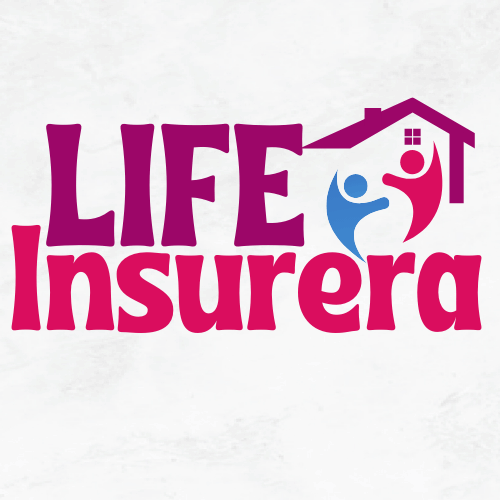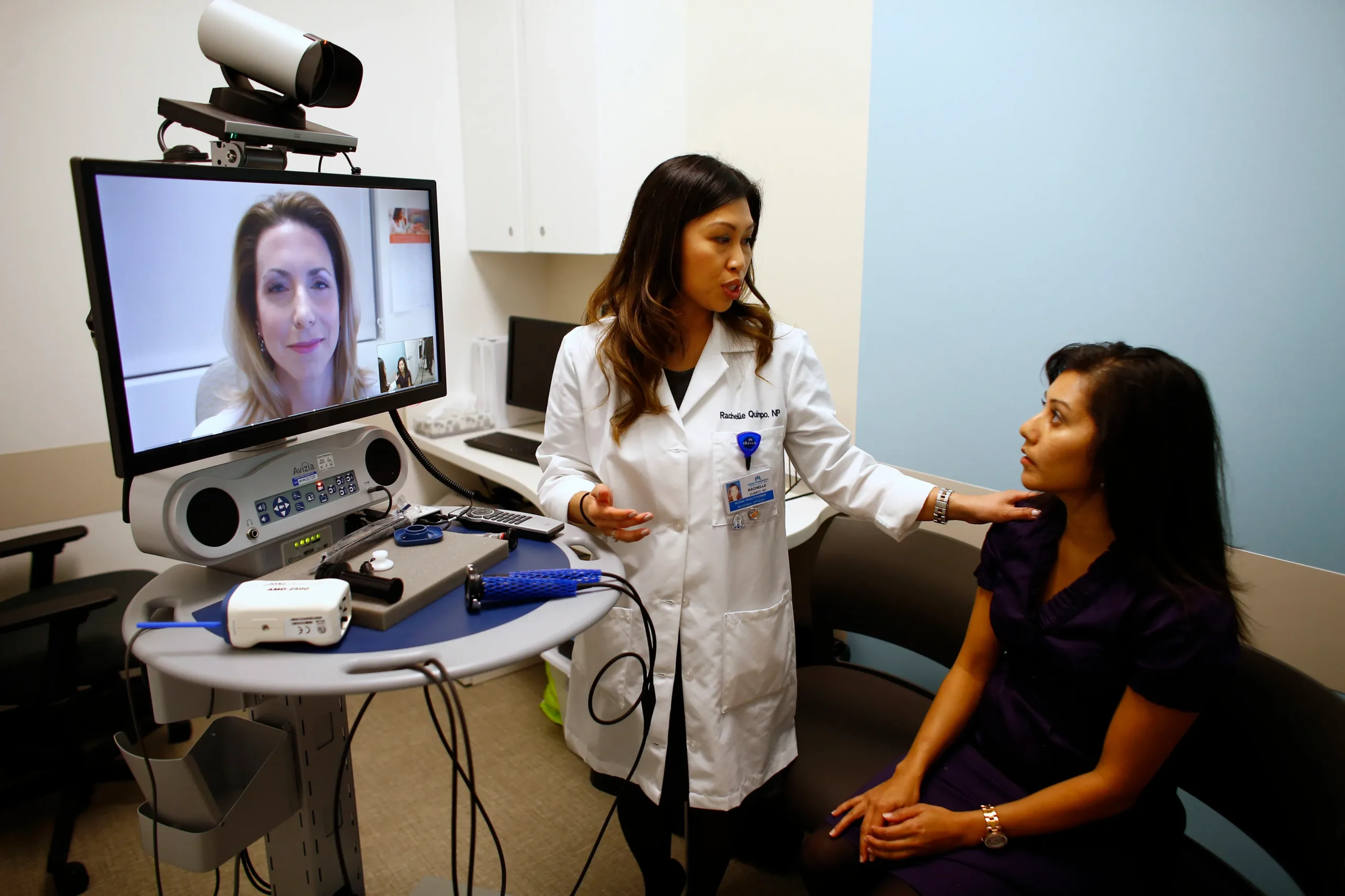COVID-19 changed the way we live our lives. From wearing gloves and masks at the grocery store or working from home 9-5, Covid-19 certainly left its impact across the globe. One of the most significant effects of the COVID-19 virus was its effect on the medical industry, as the rapid spread of the disease led health professionals to visit their patients remotely. While this isn’t the best scenario, it did provide patients with the chance to consult with a physician about their medical issues.
Table of Contents
Telehealth: What Is It?
Telehealth, sometimes referred to as telemedicine, refers to the delivery of healthcare-related services using electronic communication. Typically, these are conducted using a mobile phone or tablet and allow patients to access healthcare, including prescription medication, messages, as well as consultations and results via the internet.
Telehealth’s advantages
It’s not surprising that telehealth remains well-liked despite the demise of COVID-19, since it’s extremely efficient. Some of the top benefits are:
- Beware of long lines at the doctor’s office
- There is no need to travel
- A decrease in exposure to COVID-19 as well as other illnesses
- Greater access to specialists who aren’t local to you.
- Virtually meet in the convenience of your home
- Usually at a lower cost as compared to an actual visit
Licensing requirements and the standard of care
Each state has its own requirements and regulations regarding the quality of care provided in telehealth, but all of them are governed by the same principles that the standards of care have to be identical to if you were visiting your doctor in person. In Connecticut, for instance, the services offered by telehealth should be in line with the professional scope of practice and the professional standards of care.
That means that they must ensure that your medical data remains secure, obtain your consent before scheduling your appointment, and much more. There are state-specific guidelines regarding whether healthcare providers must have a license in the particular state in which the patient lives to offer medical care.
Telehealth’s disadvantages
Although on the whole, telehealth has made great improvements to the way that healthcare is managed, it’s not without its flaws. The main issues associated with telehealth have included:
- Inability to physically observe or touch the person to evaluate the health of a patient
- Certain types of medical treatments can be performed online (i.e., having the blood sample)
- The possibility of HIPAA breaches and cyber-attacks on medical records
- The risk of medical malpractice
- Technology used to conduct visits can be expensive for the providers
- It requires a reliable internet connection
Legal Consequences
Telehealth has many legal implications one should know about, such as things to be aware of in the case of medical negligence. A lot of the same kinds of medical negligence that happen in real-life situations also apply to remote health. For instance, the case where a doctor does not diagnose the patient’s medical issue or fails to follow up on the results of a test is grounds for an injury claim based on medical malpractice. While it’s conducted on the internet, medical professionals should keep their patients updated and ensure they are taken care of, avoiding any wrongful actions. If you’re a victim of medical negligence, make sure you contact a skilled medical malpractice lawyer to find out about your rights as well as the amount of compensation you could have the right to.
The Future of Telehealth Is Here
If you’re a fan or not, it will continue to be a major part of the next few years. While COVID-19 is no longer in use in a concern, the demand for the telehealth industry is still constant. Although telehealth can be a great source of efficiency and ease of use, we should be wary of the disadvantages that accompany it. When you decide whether to continue consulting your physician in person or via a remote connection, keep in mind that they are under an obligation to ensure that you are well cared for, regardless of the method used. Be well!




